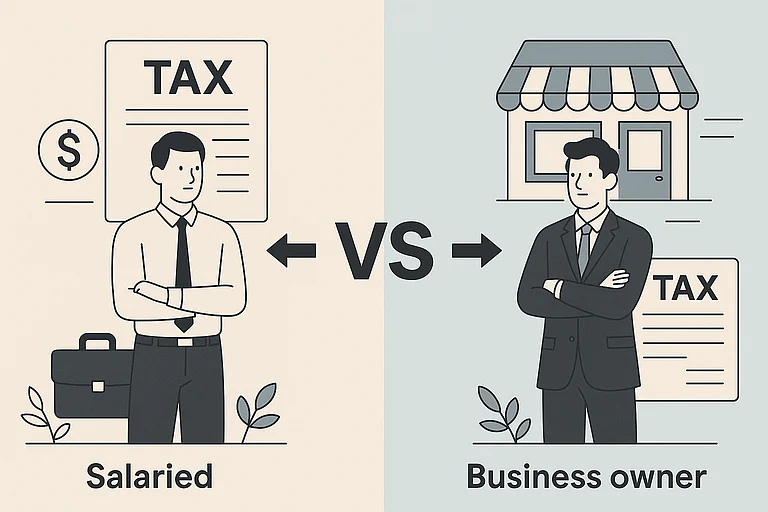I booked an under-construction flat in Mumbai in October 2024, and got the agreement registered a month later. The last payment to the builder is due in December 2026. I also own a 10-year-old flat which I intend to sell to fund the last payment. In order to claim long-term capital gains (LTCG) exemption under Section 54 of the Income-tax Act, 1961, by when do I need to sell my flat? Is the date relevant for Section 54 the registration of agreement or the last payment for the under-construction flat?
Capital Gain On House Sale: Registration Date Of Apartment Not Relevant For Claiming LTCG Exemption Under Section 54
You should sell the house within three years before construction and prior to possession to claim exemption under Section 54. Buyer has to deduct TDS where stamp duty valuation or agreement value of land or house exceeds Rs 50 lakh. Income tax laws categorise taxpayers as residents and non-residents on the basis of their physical stay in India during the last financial years
Answer: Under Section 54 of Income-tax Act, 1961, an Individual and a Hindu Undivided Family (HUF) can claim LTCG exemption on sale of a residential house property if either a residential house is purchases within two years after the date of sale of the house or a house has already been purchased within one year before date of sale of the house. In case the assessee goes for self-construction of a residential house or book an under-construction house, a longer period of three years is available after from the date of sale of the house.
In order to ensure that you are eligible to claim exemption under Section 54, you should sell the house within three years before construction of the under-construction house gets completed and you are offered possession.
Please note that registration of agreement and payment dates are not relevant for claiming exemption under Section 54 in case of self-construction or an under-construction property. What is relevant is that the construction should get completed within three years from the date of sale of the house.
I have booked a flat for Rs. 60 lakh in April 2025 and I am paying the amount to the developer in installments. I will fund this with a bank loan of Rs. 30 lakh and a personal contribution of Rs. 30 lakh. The final possession is to be given tentatively by December 2026. Am I supposed to pay the 1 per cent tax deduction at source (TDS)?
Answer: According to Section 194IA, any person who buys a land or building from a resident where the stamp duty valuation or agreement value exceeds Rs 50 lakh is required to deduct tax at source (TDS) at 1 per cent of the agreement value of stamp duty value as the case may be.
The tax is to be deducted at the time of making payments or crediting the amounts in the books of accounts. You have to TDS for payment of each instalment including for disbursement of the loan amount by the bank. The TDS has to be deposited to the credit of the government within 30 days from the end of the month in which the tax is deducted by using challan cum return in form no. 26QB. Please note you need not obtain Tax Deduction Account number (TAN) for this purpose and have to mention just the Permanent Account Number (PAN) of both the buyer and seller.
I am a pensioner and earned bank deposit interest in India. For the past 2 years, I am residing in the US. Should I submit my income tax return (ITR) as an Indian or as a non-resident Indian (NRI)?
Answer: The income tax laws generally categorise taxpayers as residents and non-residents and not as Indian or NRIs. This is normally done on the basis of your physical stay in India during the last financial years.
Since you have been staying in the US for more than two years, you have already become a non-resident for income tax purposes and will have to file your ITR as a non-resident.
Please note that the liability to file ITR depends primarily on the quantum of your taxable income in India. So in case your income (Pension and bank interest) which is taxable in India exceeds the basic exemption threshold before various deduction/exemption, then only you have to file your ITR in India. The ITR has to be filed online and which can be done even while staying in the US.
The author is a tax and investment expert and can be reached on jainbalwant@gmail.com
(Disclaimer: Views expressed are the author’s own, and Outlook Money does not necessarily subscribe to them. Outlook Money shall not be responsible for any damage caused to any person/organisation directly or indirectly.)


